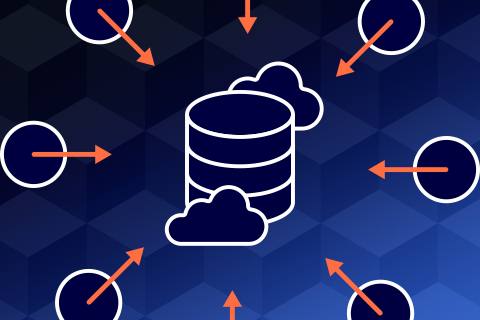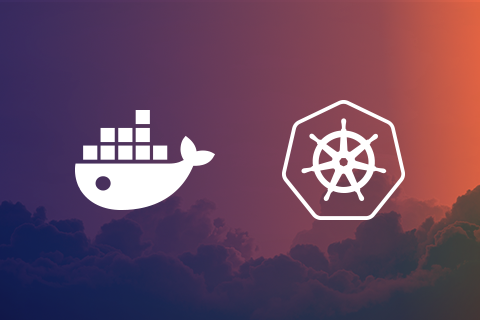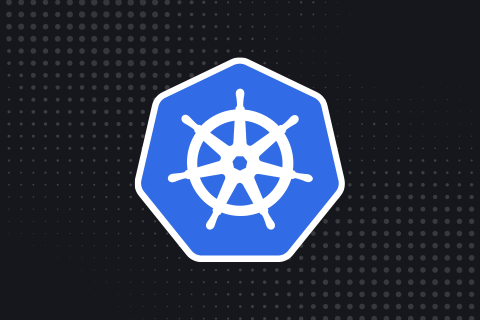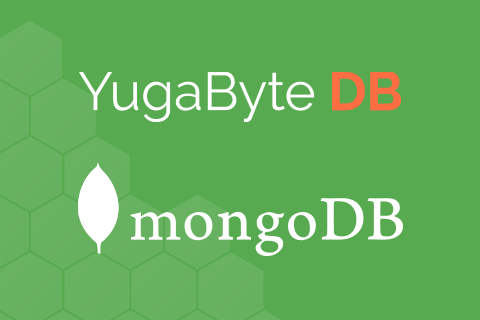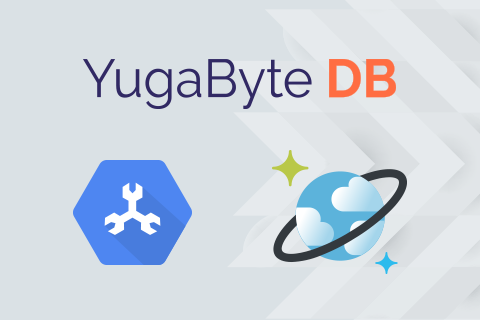A Busy Developer’s Guide to Database Storage Engines — Advanced Topics
In the first post of this two-part series, we learned about the B-tree vs LSM approach to index management in operational databases. While the indexing algorithm plays a fundamental role in determining the type of storage engine needed, advanced considerations highlighted below are equally important to consider.
Consistency, Transactions, and Concurrency Control
Monolithic databases, which are primarily relational/SQL in nature, support strong consistency and ACID transactions.
…
